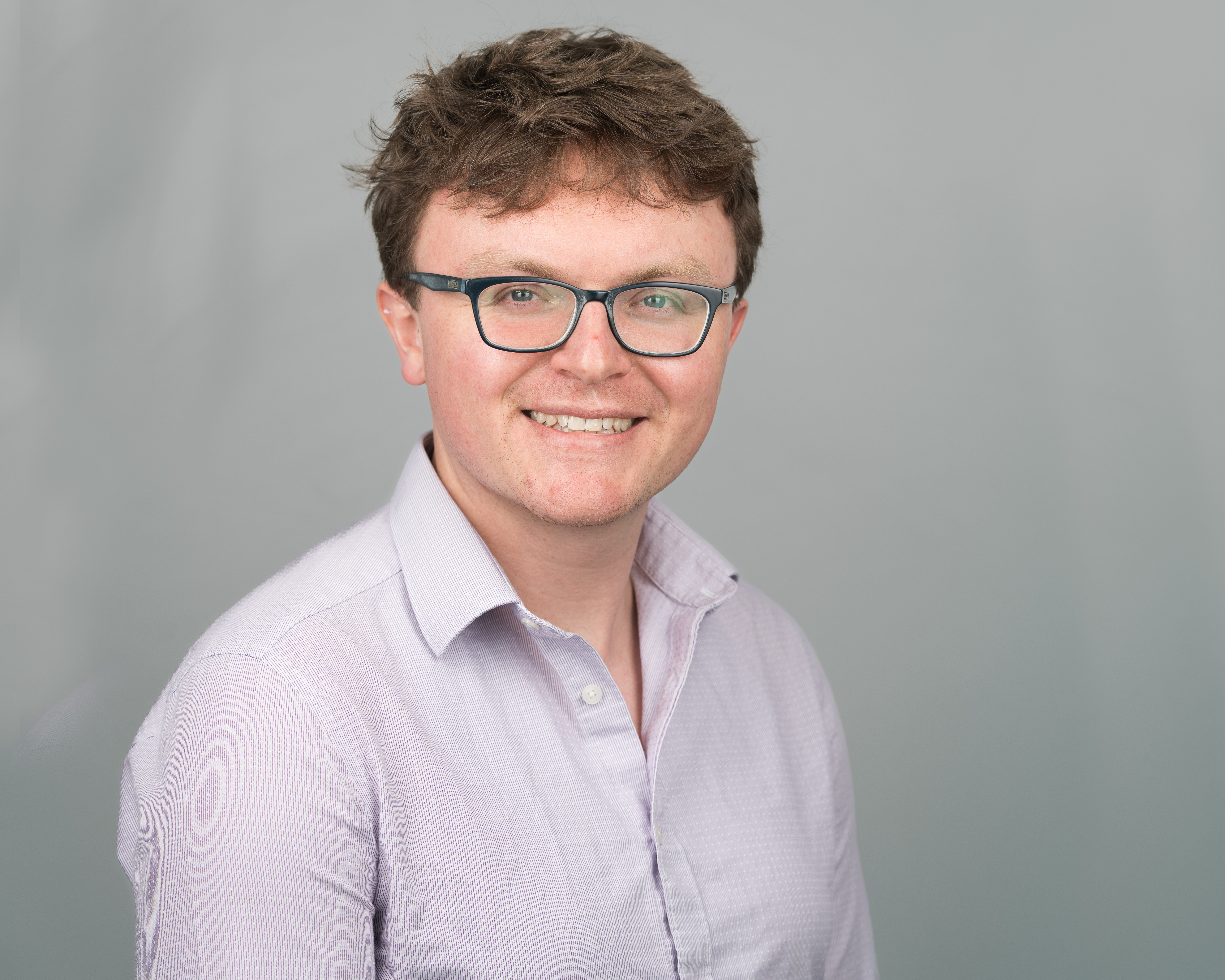The UK’s domestic tile manufacturing industry only produces 10% of the 20 million square metres of tiles needed each year, the rest is imported. The ceramic tiles industry is facing a crisis due to high energy costs and tightening emissions regulations. Standard ceramic tiles need to be fired at high temperatures over many hours to harden (sinter) and glaze the materials. With firing accounting for the majority of the energy footprint of an ordinary tile.
Dr Aled Roberts founded DeakinBio Ltd to produce biocomposite alternatives to ceramic tiles. The company has developed two patented technologies, termed BioSintering® and BioGlazing, that eliminate the need for conventional firing and glazing – significantly reducing the carbon footprint of the resulting tiles.
Biosintering works by combining a plant- or algae-derived biopolymer with calcium carbonate, producing a bio-inspired material with a microstructure similar to natural seashells. The biopolymers are obtained through waste streams from the food industry or algal biofuels industries. The new process can be integrated with current manufacturing processes, meaning it could be a ‘drop-in’ replacement for conventional ceramic tiles.
Aled joined the Regional Talent Engines programme in 2023. He says “As I’m still finding my feet as an entrepreneur, the training, workshops and mentoring will be really useful in honing our business model and plan. Being pre-investment, the grant will be really valuable and enable me to continue the development of the materials and processes.”
Testing has shown that the biocomposite tiles have a 94% lower carbon footprint compared to ordinary ceramic tiles and produce 99% less particulate air pollution. Now, Aled is seeking a first round of equity funding and scaling up the innovatory technology. Initial sales have been made and orders are in the pipeline.


